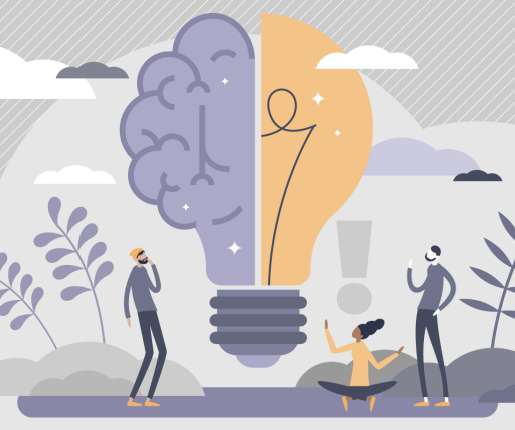The 3 Components of Metacognition
KnowledgeOne
NOVEMBER 30, 2022
Metacognitive knowledge has the potential to help us achieve a goal, but it can also hinder it. About the cognitive strategies: what we know about the most effective methods for carrying out an activity. Are we really good at multitasking? How to help your brain “unplug”. Metacognitive strategies. Attention, in numbers.















Let's personalize your content